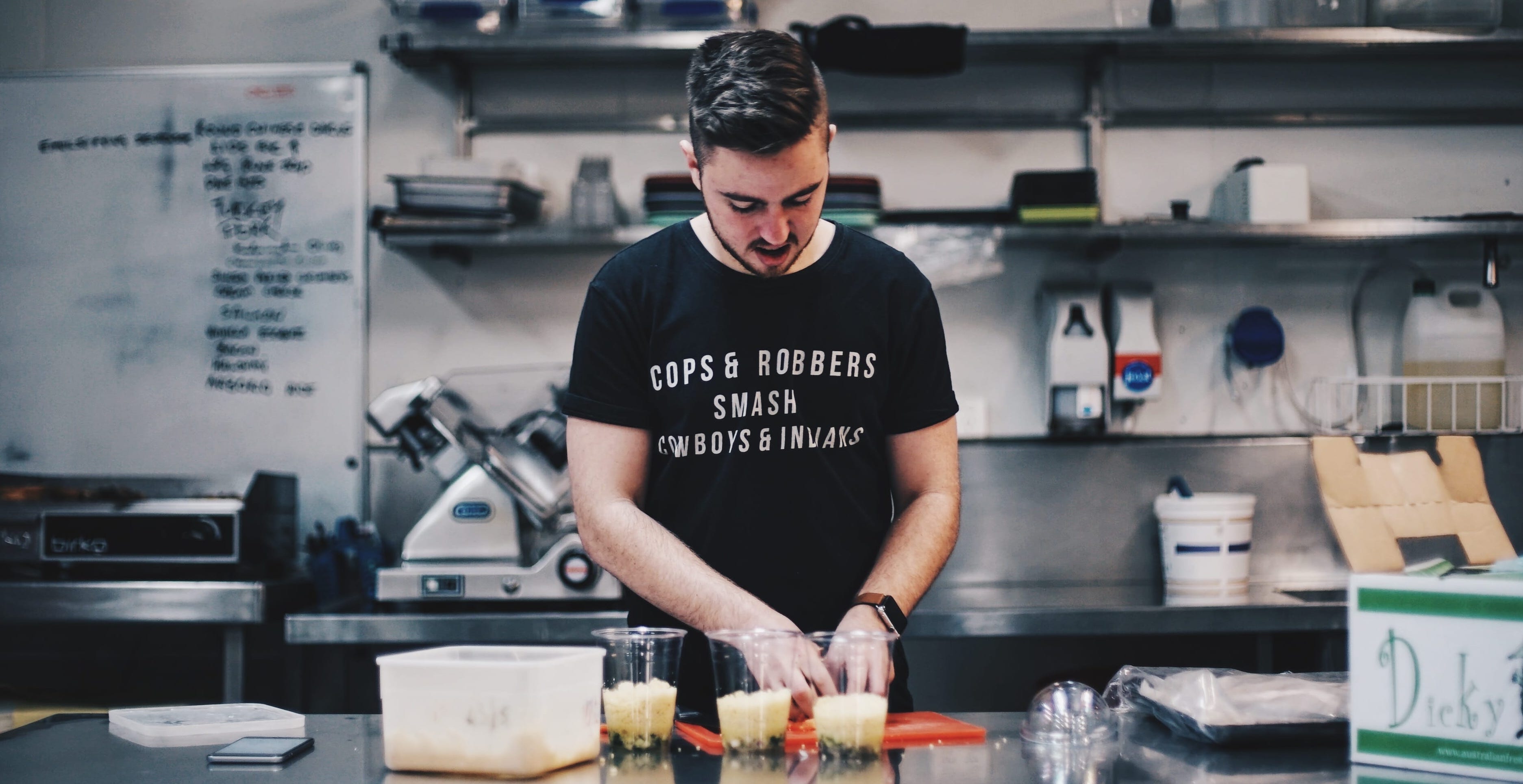The gourmet coffee and tea shop business has seen a significant rise in popularity, driven by a growing consumer appetite for high-quality, artisanal beverages. As the industry continues to evolve, entrepreneurs are finding lucrative opportunities in this niche market. With a focus on premium products, unique experiences, and a dedication to sustainability, gourmet coffee and tea shops offer more than just a place to get a caffeine fix—they provide an immersive experience that appeals to both connoisseurs and casual drinkers alike.

1. Understanding the Market
The Rise of Specialty Beverages
The global coffee and tea market has been expanding steadily, fueled by a shift in consumer preferences towards quality over quantity. Customers are increasingly seeking out specialty beverages that offer distinct flavors, ethical sourcing, and an overall superior drinking experience. This trend is particularly strong among younger demographics, who are willing to pay a premium for products that align with their values and tastes.
In the coffee sector, single-origin beans, cold brews, and third-wave coffee shops have become popular, emphasizing the uniqueness of each cup. Similarly, the tea market is experiencing a renaissance, with a growing interest in loose-leaf teas, matcha, and artisanal blends. This shift has created a demand for shops that offer a curated selection of high-quality products, expert knowledge, and a welcoming atmosphere.
2. Crafting a Unique Experience
Beyond the Beverage
To stand out in the crowded market of coffee and tea shops, it’s essential to offer more than just exceptional drinks. The overall experience is what keeps customers coming back. This includes the ambiance of the shop, the quality of service, and even the story behind the products.
Creating a unique atmosphere that reflects the brand’s identity is crucial. This could mean a minimalist, Scandinavian-inspired design, a cozy, book-filled retreat, or a modern, industrial space. The environment should be welcoming and conducive to socializing, working, or simply relaxing. Additionally, the use of high-quality equipment, such as pour-over setups, manual espresso machines, and specialized tea brewers, can further enhance the experience.
3. Sourcing and Sustainability
Ethical and Sustainable Practices
In the gourmet coffee and tea industry, the origin of the products is of paramount importance. Consumers are increasingly conscious of where their food and beverages come from, and they favor businesses that prioritize ethical and sustainable sourcing.
For coffee shops, this means working directly with farmers or cooperatives that practice fair trade and sustainable farming. Single-origin beans, which highlight the unique characteristics of coffee from specific regions, are particularly popular. For tea shops, offering organic and sustainably harvested teas can appeal to a similar market segment.
Incorporating sustainability into the business model extends beyond just the products. Many successful shops have adopted environmentally friendly practices, such as using compostable cups, reducing waste, and supporting local suppliers. This commitment to sustainability not only attracts customers but also strengthens the brand’s reputation.
4. Education and Engagement
Building a Knowledgeable Customer Base
One of the defining characteristics of gourmet coffee and tea shops is the emphasis on education and customer engagement. Educating customers about the origin, processing, and brewing methods of their beverages can enhance their appreciation and loyalty. Offering workshops, tastings, and classes can turn casual customers into informed enthusiasts.
For example, a coffee shop might offer cupping sessions where customers can taste different beans and learn about their flavor profiles. A tea shop might host a workshop on the art of brewing loose-leaf tea, or the history of matcha. These events not only provide value to customers but also create a sense of community and connection to the brand.
5. Diversifying the Product Offering
Expanding Beyond Beverages
While the primary focus of a gourmet coffee and tea shop is, of course, the drinks, diversifying the product offering can boost revenue and attract a wider audience. This can include a range of complementary items such as pastries, sandwiches, or salads, made with high-quality ingredients that match the caliber of the beverages.
Retailing related products, such as specialty coffee beans, loose-leaf teas, brewing equipment, and branded merchandise, can also be a profitable venture. Offering subscription services for coffee beans or tea blends allows customers to enjoy their favorite products at home, fostering brand loyalty and providing a steady revenue stream.
6. Marketing and Community Engagement
Building a Loyal Customer Base
Effective marketing is essential for the success of a gourmet coffee and tea shop. This includes not only traditional advertising but also building a strong online presence through social media, where the brand can showcase its products, share its story, and connect with customers.
Community engagement is another critical aspect. Participating in local events, supporting neighborhood initiatives, and collaborating with other local businesses can help establish the shop as a community hub. Loyalty programs, special promotions, and personalized customer service can further enhance customer retention.
Conclusion
The gourmet coffee and tea shop business is an enticing opportunity for those passionate about quality beverages and creating memorable experiences. By focusing on superior products, ethical sourcing, and a welcoming atmosphere, entrepreneurs can carve out a niche in this competitive market. The key to success lies in offering more than just a drink—it’s about crafting an experience that resonates with customers and keeps them coming back for more.